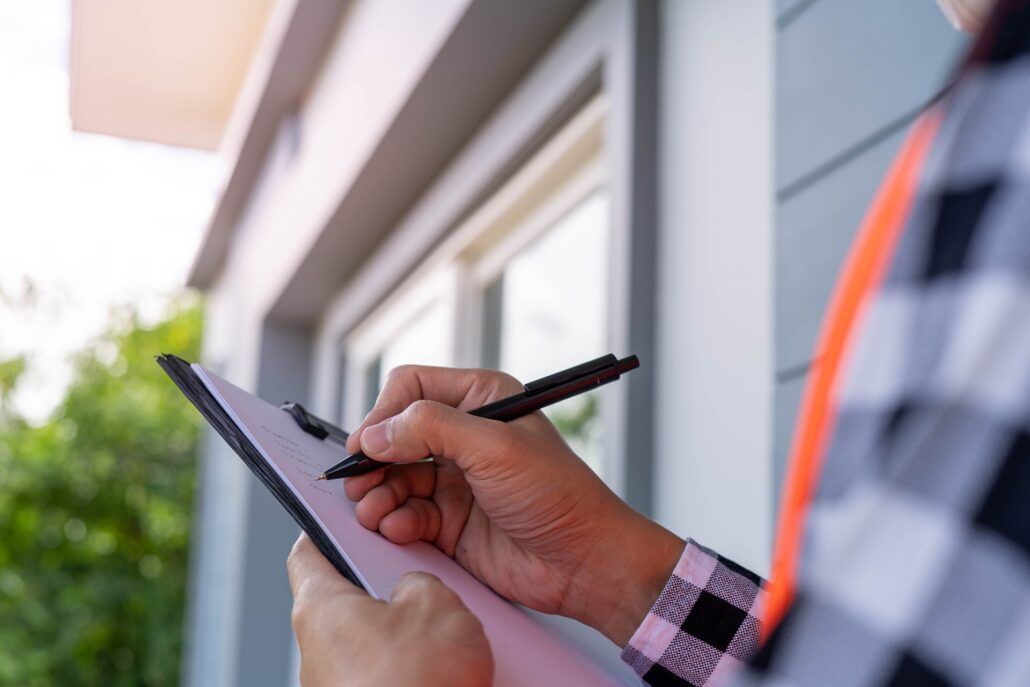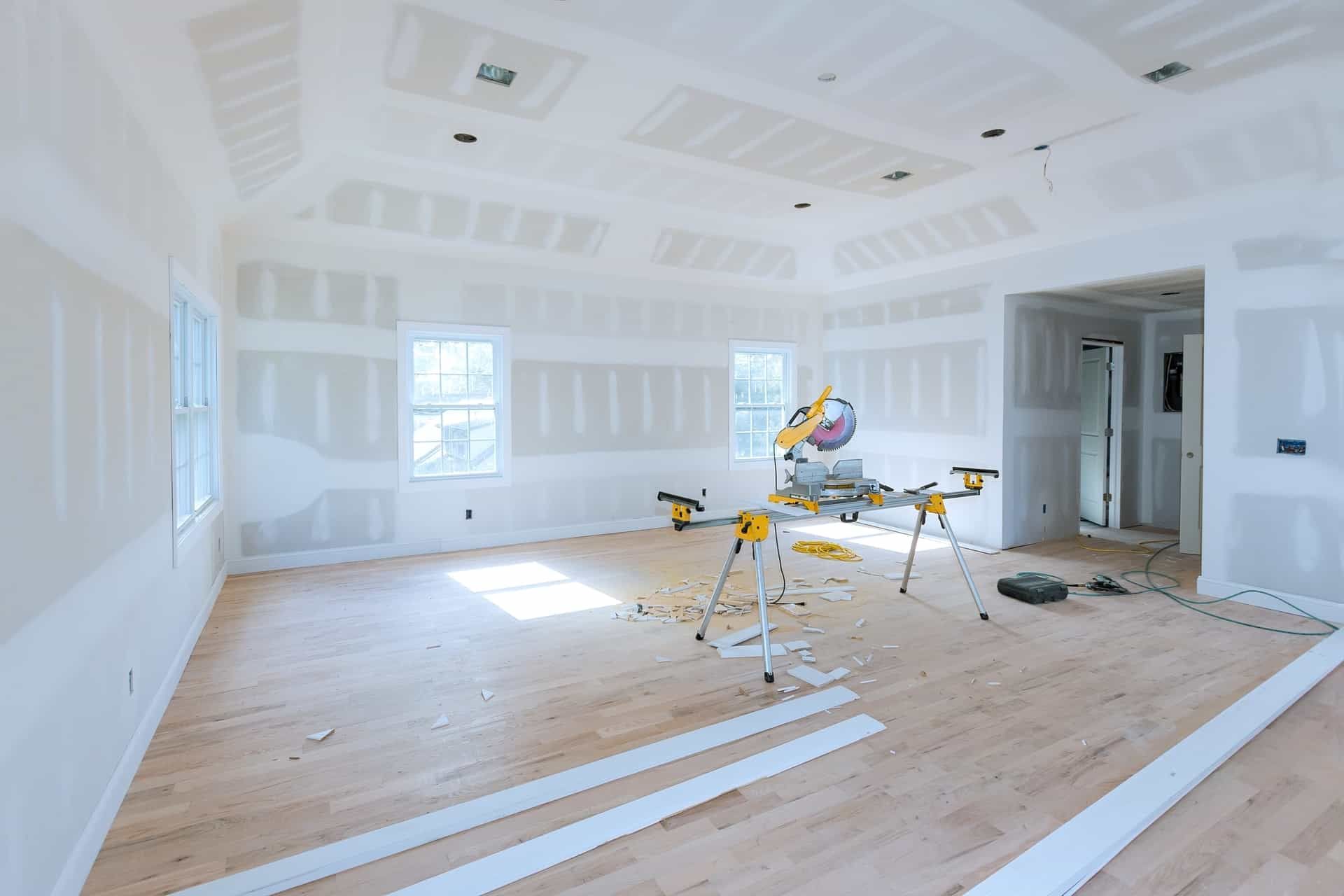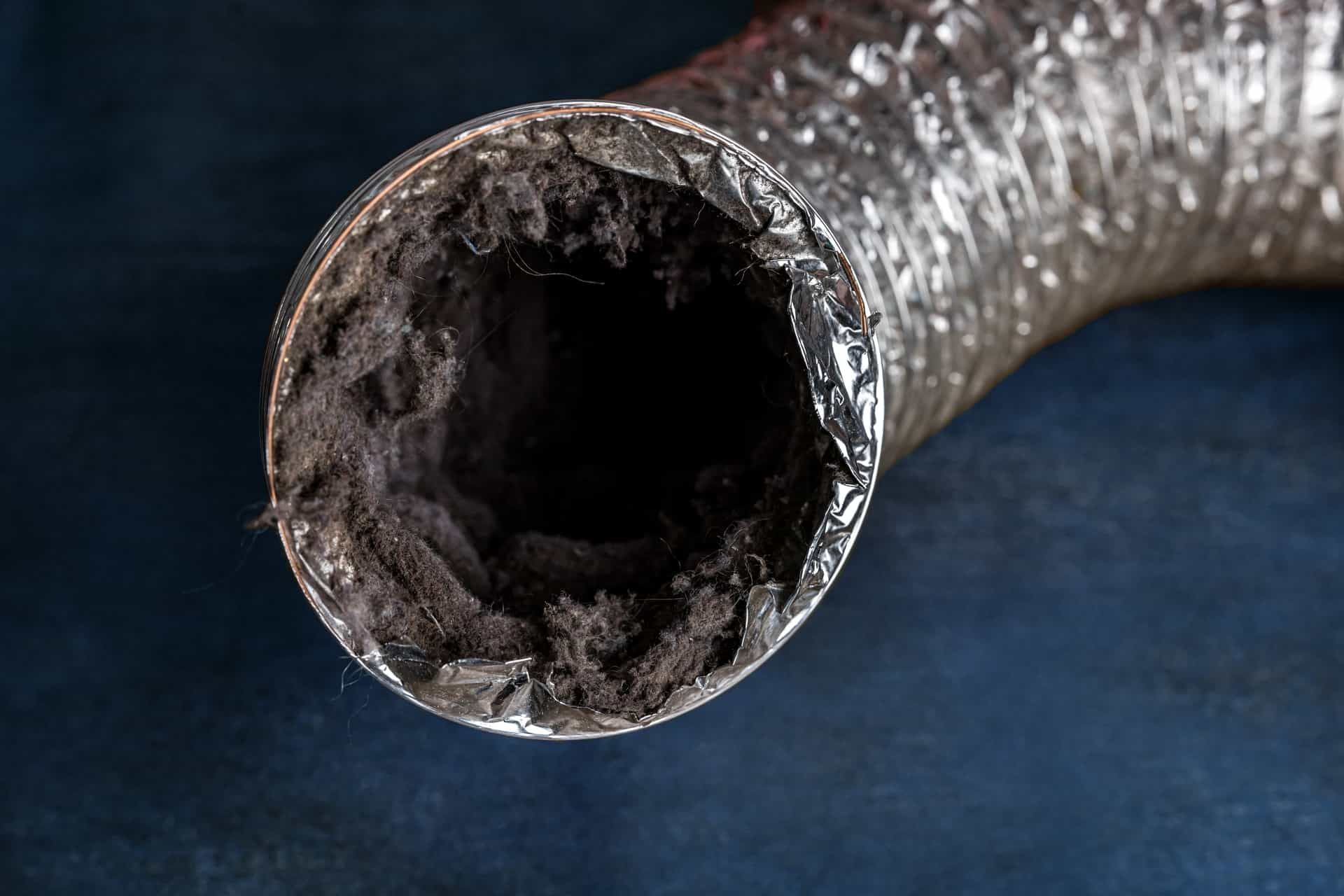How Often Do Buyers Back Out After Home Inspection?
Buying a home is one of the most significant decisions most people make. It's exciting but stressful, especially regarding the home inspection. This process often reveals hidden problems, making some buyers reconsider their decision.
So, how often do buyers back out after a home inspection? Let's explore why this happens, the frequency of such occurrences, and what buyers and sellers can do to navigate the situation.
The Role of a Home Inspection in Real Estate Transactions
A
home inspection is a critical step in the home-buying process. It involves hiring a professional inspector to evaluate the property's condition. The inspection typically covers:
- Structural integrity: Checking the foundation, walls, and roof.
- Plumbing and electrical systems: Ensuring they meet safety standards.
- HVAC systems: Examining heating, ventilation, and air conditioning.
- Water damage or mold: Identifying signs of past or present moisture issues
A home inspection aims to uncover potential problems that could affect the property's safety, functionality, or value. The results can give buyers confidence or a reason to reconsider their purchase.
How Often Do Buyers Back Out After a Home Inspection?
Studies and industry experts estimate that 20% to 25% of real estate transactions fall through, with home inspections being one of the top reasons. However, not every inspection leads to a buyer backing out. Most buyers use the findings to negotiate repairs or a price reduction with the seller rather than walking away entirely.
The likelihood of a deal falling through depends on several factors, including the severity of the issues discovered and the buyer's willingness to accept the property.
Common Reasons Buyers Back Out After Home Inspection
- Major Structural Issues: Buyers may be hesitant to proceed if an inspection reveals significant problems with the foundation, roof, or walls. Fixing these issues can be costly and time-consuming.
- Safety Concerns: Issues like faulty wiring, gas leaks, or mold can pose health and safety risks, leading buyers to reconsider.
- High Repair Costs: When repair estimates exceed the buyer's budget or expectations, they may feel the home is no longer worth the price.
- Unexpected Problems: Sometimes, buyers are willing to handle minor issues but might be surprised by major defects like termite damage or outdated plumbing systems.
- Financing Challenges: Inspection results can affect a buyer's ability to secure a loan if the lender deems the property too risky.
What Happens When Buyers Back Out?
When a buyer decides to back out after a home inspection, several steps follow:
- Review of the Contingency Clause: Most purchase agreements include a home inspection contingency. This clause allows the buyer to back out without penalty if the inspection reveals significant issues.
- Earnest Money Refund: In cases where the contingency is valid, the buyer typically gets their earnest money deposit back. However, if the buyer backs out for a reason not covered in the contract, they may forfeit the deposit.
- Relisting the Property: Sellers who lose a buyer must relist the property, which can delay the sale and potentially lower the home's perceived value.
How Buyers Can Prepare for a Home Inspection?
To reduce the chances of backing out after an inspection, buyers should:
- Understand the Inspection's Purpose: Realize that no home is perfect. The goal is to identify significant concerns, not minor imperfections.
- Be Present During the Inspection: Attending the inspection can help buyers ask questions and better understand the findings.
- Budget for Repairs: Expect that some issues will arise and plan for repair costs accordingly.
- Hire a Reputable Inspector: Choosing an experienced inspector ensures a thorough and accurate evaluation.
What Sellers Can Do to Prevent Deal Breakers?
Sellers can take proactive steps to minimize the risk of buyers backing out:
- Conduct a Pre-Inspection: Hiring an inspector before listing the home can help identify and fix potential problems, making the property more appealing to buyers.
- Disclose Known Issues: Transparency about the home's condition builds trust and reduces surprises during the buyer's inspection.
- Make Repairs in Advance: Addressing common concerns like leaky faucets, broken appliances, or outdated wiring can make the inspection smoother.
- Price the Home Appropriately: Setting a fair price that reflects the property's condition can reduce the likelihood of buyers walking away after discovering issues.
Alternatives to Backing Out
Backing out is not the only option when inspection results reveal issues. Buyers and sellers can:
- Negotiate Repairs: Sellers might agree to fix specific problems or offer a credit to cover repair costs.
- Request a Price Reduction: Buyers can negotiate a lower purchase price to account for necessary repairs.
- Consider a Warranty: Offering a home warranty can reassure buyers about potential future repairs.
Why Most Deals Move Forward?
While some buyers back out, most real estate transactions proceed after the home inspection. This is because most problems are negotiable, and buyers often view the inspection as a chance to ensure they're making a sound investment rather than a reason to abandon the deal. The
role of home inspectors in the real estate process is crucial, as they provide an unbiased, detailed evaluation of the property’s condition
Conclusion
Home inspections are vital to home buying, offering valuable insights into a property's condition. While they occasionally lead to buyers backing out, this is relatively rare when both parties approach the process with open communication and a willingness to negotiate. Utilizing our
Home Inspection Services can help identify potential problems early, giving buyers and sellers a clearer understanding of the property's condition and reducing the chances of surprises that could derail the transaction.
Buyers can prepare by budgeting for repairs and understanding the purpose of the inspection, while sellers can prevent deal breakers by addressing issues proactively.
Ready to schedule a reliable home inspection? Contact
Guardian Angel Inspections today!
Disclaimer: The information on this website and blog is for general informational purposes only and is not professional advice. We make no guarantees of accuracy or completeness. We disclaim all liability for errors, omissions, or reliance on this content. Always consult a qualified professional for specific guidance.
Share this entry







